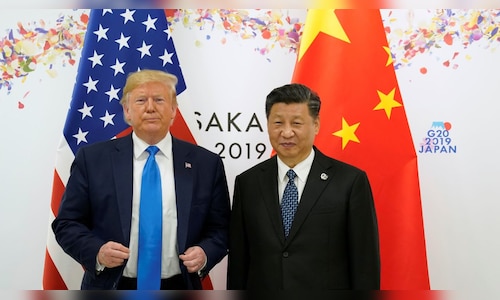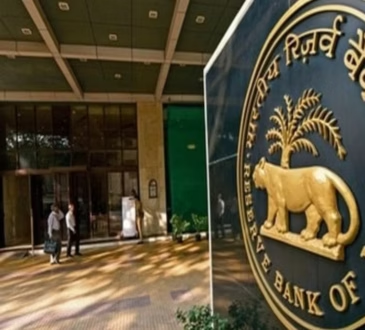
The MSCI Emerging-Market currency index rose 0.2% on Monday (October 20), with the South African rand — often a measure of risk-appetite — outperforming peers with an advance of 0.7%. Latin American currencies, including the Brazilian real and the Chilean peso, also beat peers amid a weaker dollar.
“We had some positive commentary from Trump signaling that high tariffs on China are not sustainable,” said Brendan McKenna, an economist at Wells Fargo in New York. “EM FX is taking that in its stride and rallying on the idea that the US-China relationship will not worsen come early November.”
After a fresh flare-up of trade tensions between Washington and Beijing last week, market sentiment improved after US President Donald Trump said that his threatened levy on Chinese goods was “not sustainable” though “it could stand.”
Also Read: FTSE upgrades Vietnam to emerging market from frontier
While listing rare earths, fentanyl and soybeans as the top US priorities, Trump said he had a good relationship with the Chinese leader and expected a sitdown to happen in South Korea later this month.
The market’s base case seemed to be that China would concede its rare-earth export controls, which might allow an extension to the current tariff truce, Chris Weston, head of research at Pepperstone Group, said in a note. “However, one does question whether markets misprice the risk that China may not back down,” he added.
The MSCI’s equity index increased 1.7%, driven mainly by gains in shares of Taiwan Semiconductor Manufacturing Co., Tencent Holdings Ltd. and Alibaba Group Holding Ltd. The index is trading at its highest level since 2021.
“There is good reason to expect the US-China spat to remain contained for now due to the strategic nature of the issues at stake,” Barclays Bank analysts including Lefteris Farmakis wrote in a note.
Also Read: Allspring’s Paroda says Indian market set for stronger run as earnings improve, tariff noise fades
Traders will also monitor the release of the September consumer price index on Friday after being delayed by the US government shutdown. The data, originally slated for October 15, will give Federal Reserve officials a critical piece of information ahead of their policy meeting the following week.
“Aside from the easing tensions between China and the US, we will finally get some data this Friday from the US,” said Marco Oviedo, a strategist at XP Investimentos in Sao Paulo. “The market is not expecting much, in the sense that inflation should remain steady, and with the job market relatively weak, cuts from the Fed are still on the table. So the picture is relatively benign for EM.”
Elsewhere, Israel’s stocks and the currency rose after the nation said it had resumed a truce with Hamas in Gaza. The halt in fighting also helped lift Egypt’s markets, with the country’s dollar bonds posting the best gains among developing-nation peers.
In Colombia, the nation’s bonds and currency fell, denting their recent rally, after Trump accused his counterpart Gustavo Petro of being an “illegal drug leader,” triggering fears of economic retaliation.
Also Read: India’s stock market lags emerging peers at worst pace in three decades
Argentina’s dollar bonds, meanwhile, initially rose after the nation’s central bank and the US Treasury signed a currency swap line for $20 billion, a vote of confidence in President Javier Milei ahead of a crucial midterm election. But with details still scarce, bonds erased initial gains and the peso weakened.




